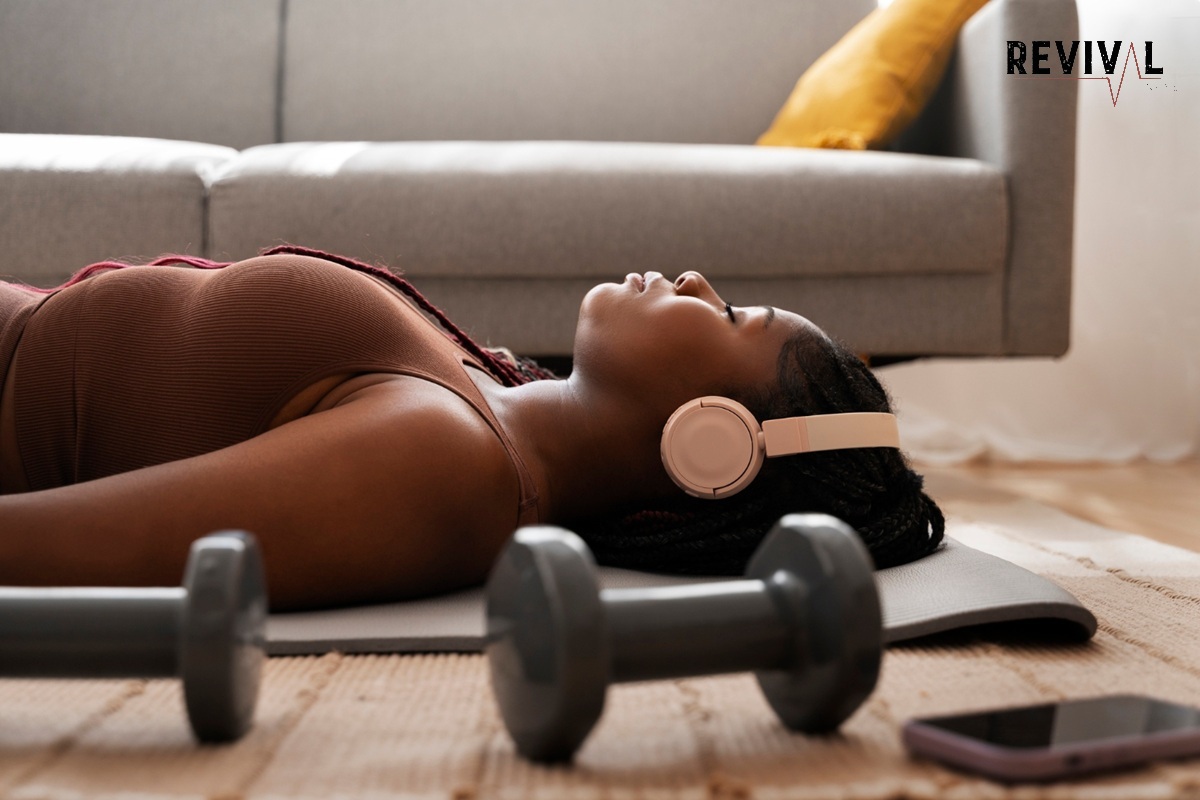
The Role of Sleep in Fitness — How Rest Impacts Weight Loss and Performance
When it comes to fitness, most people focus on two things: workouts and nutrition. But there’s a third factor that’s just as important—sleep. Without enough quality sleep, your ability to build muscle, lose fat, and perform at your best suffers.
Whether your goal is strength, fat loss, or improved energy, optimizing your sleep and fitness habits together will help you get results faster—and keep them longer.
Why Sleep Is Essential for Recovery and Progress
1. Muscle Recovery and Growth
During deep sleep, your body produces growth hormone, a critical component of muscle repair and development. Without enough rest, your muscles don’t fully recover, which can lead to slower gains and increased injury risk.
2. Hormonal Balance
Sleep directly affects hormone levels that influence appetite, metabolism, and fat storage. Poor sleep can increase cortisol (a stress hormone) and decrease leptin (your fullness hormone), making you more likely to overeat and store fat.
Weight Loss vs. Fat Loss — What’s the Difference?
3. Energy, Mood, and Motivation
A lack of sleep impacts more than just physical performance. It reduces focus, motivation, and mood—making it harder to hit the gym, follow your plan, or stay positive when results are slow.
Sleep and Weight Loss — The Connection
Poor sleep makes fat loss more difficult in several ways:
- Increases cravings for high-carb and sugary foods
- Slows metabolism and energy output
- Impairs blood sugar regulation
- Reduces willpower and exercise adherence
Even if you’re eating well and exercising regularly, chronic sleep deprivation can stall your weight loss or even cause weight gain.
A study published in the Annals of Internal Medicine found that dieters who slept only 5 hours per night lost significantly more lean mass and less fat than those who slept 8 hours. Sleep matters just as much as calories and macros.
How Much Sleep Do You Really Need?
Most adults need 7–9 hours of sleep per night. Active individuals and those in fat loss or muscle-building phases may benefit from closer to 8–9 hours for full recovery.
Signs You’re Not Getting Enough Rest
- Sore muscles that linger for days
- Stalled progress despite consistent workouts
- Trouble waking up or falling asleep
- Mood swings or low motivation
- Increased sugar or caffeine cravings
How to Stay Consistent With Your Workouts
Tips to Improve Sleep for Better Fitness Results
1. Create a Consistent Sleep Schedule
Go to bed and wake up at the same time each day—even on weekends. This helps regulate your internal clock and improve sleep quality.
2. Wind Down Before Bed
Avoid screens, intense workouts, and caffeine 1–2 hours before bed. Read, stretch, or take a warm shower to help signal your body that it’s time to sleep.
3. Make Your Environment Sleep-Friendly
- Keep your room cool (around 65°F)
- Use blackout curtains or a sleep mask
- Eliminate noise or use a sound machine
- Avoid heavy meals or alcohol close to bedtime
4. Track Your Sleep
Use a fitness tracker or sleep app to monitor your sleep duration and quality. Patterns can reveal habits that might be hurting your recovery.
Should You Work Out When You’re Tired?
If you’re chronically underslept, more training isn’t the answer—better recovery is. It’s okay to skip a workout in favor of rest if your body is clearly asking for it.
However, light activity (like walking or stretching) can still support circulation and mood without pushing your system too hard.
At Revival Fitness, we help clients balance training and recovery for optimal results—because rest is part of the plan, not an afterthought.
Fitness Isn’t Just About Moving—It’s About Recovering
Our programs combine:
- Progressive strength training
- Nutrition coaching that supports energy and repair
- Guidance on sleep and stress management
- Flexible gym memberships to fit your schedule
You don’t need to grind harder to see progress—you need a smarter, more complete plan.
Want Better Results? Start With Better Sleep
If your workouts are solid but your results have stalled, it may be time to focus on recovery. Sleep is a powerful, free tool that can supercharge your fitness journey.
Contact us to talk to a coach about building a recovery-friendly training plan that works with your body—not against it.
Weight Loss vs. Fat Loss — What’s the Difference?
